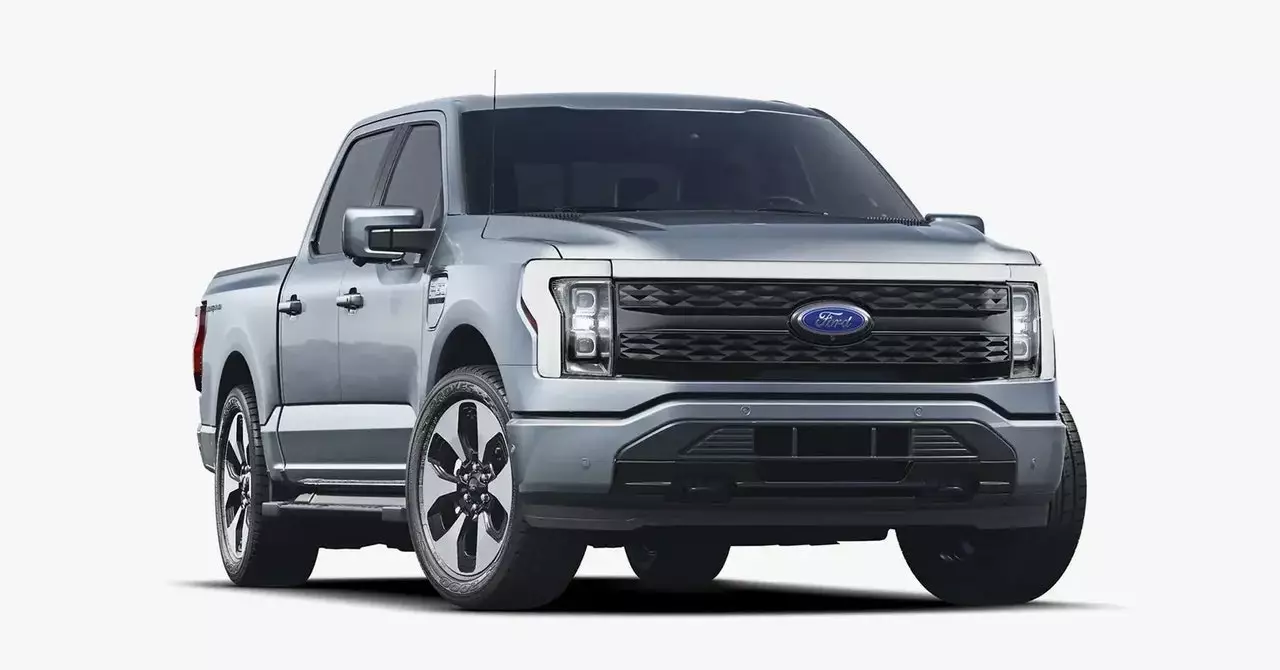The electric vehicle (EV) market is experiencing significant shifts as automakers grapple with issues of profitability and consumer demand. Despite the initial excitement surrounding EVs and their potential to reduce carbon emissions, there are challenges that both early adopters and automakers are facing. One of the main issues is the steep depreciation of some EVs, with first-year depreciation rates reaching as high as 50 percent. This has made it difficult for consumers to justify the high costs associated with purchasing an EV.
Automakers like Ford are feeling the heat as they try to navigate these challenges. In a recent press release, Ford announced that it would be broadening its choices for customers and adjusting its rollout of pure electric vehicles to ensure a capital-efficient and profitable electric vehicle business. Ford acknowledged that Chinese automakers have certain advantages in the market, such as lower cost structures and advanced battery technology.
To address its previous ambitious EV plans and stem losses, Ford has made strategic decisions like killing its three-row SUV and delaying the launch of a next-generation pickup. The company aims to better understand customer needs and provide options that align with their duty cycles. Ford’s CEO emphasized the importance of profitability, stating that the company would not launch any EVs unless they can turn a profit within 12 months.
Ford’s statement highlighted the increasing number of electric vehicle choices entering the market and rising compliance requirements. This has put pressure on pricing and emphasized the need for a globally competitive cost structure. As part of its cost-cutting measures, Ford is delaying the production of its T3 electric truck and introducing an all-new fully electric commercial van.
Ford is committed to remaking itself into a high-growth, higher-margin business that is more capital efficient. The company is actively developing multiple hybrid technologies and exploring other powertrain options to meet consumer demand. While EVs are a key focus, Ford recognizes the continued demand for gas and diesel vehicles and plans to provide options across all segments.
Ford is not alone in its pivot towards profitability in the EV market. Other automakers, such as General Motors and Honda, have also made strategic shifts in response to market pressures. General Motors, for example, chose to prioritize hybrids over low-cost EVs last year. This illustrates the broader trend in the industry towards making tough decisions to ensure long-term viability and profitability.
The electric vehicle market is undergoing a significant transformation as automakers seek to navigate challenges around profitability and consumer demand. Ford’s strategic shifts and focus on profitability reflect the broader industry trend towards ensuring sustainable growth in the rapidly evolving EV market. As automakers continue to adapt to changing dynamics, the key will be to strike a balance between meeting consumer needs, driving innovation, and maintaining financial viability in the increasingly competitive market.

